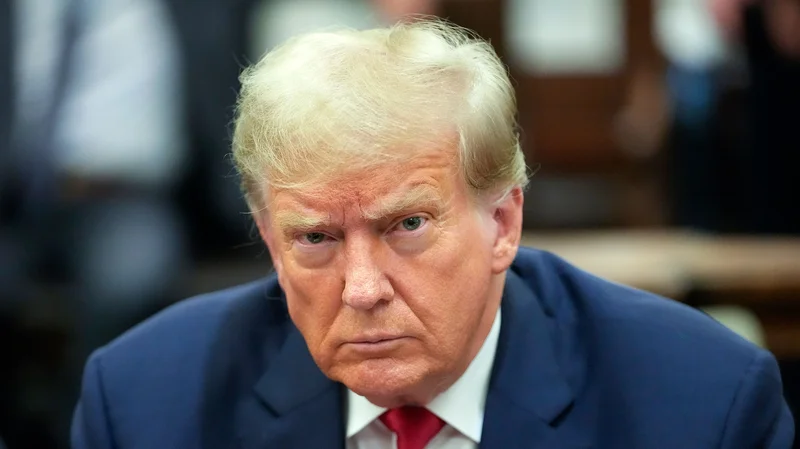Trump's rx.gov Deal: Lower Prices and Expanded Access?
Alright, let's dive into this announcement about Trump supposedly brokering deals to lower the cost of weight loss drugs. Novo Nordisk and Eli Lilly are involved, and the headlines are screaming about slashed prices and expanded access, but I'm immediately skeptical. As always, the devil's in the data, or, in this case, the lack thereof.
The Headline vs. The Fine Print
The initial reports paint a rosy picture: Wegovy at $149 a month, Zepbound starting at $299. Trump himself is quoted calling it a "triumph." But hold on. These prices, according to the press releases, apply to the lowest doses and often through direct-to-patient programs. (Direct-to-patient always raises an eyebrow, because it skirts the usual insurance negotiations.) What percentage of patients actually stay on the lowest dose? And what about those who need higher dosages, or prefer the traditional pharmacy route?
Lilly also mentions Medicare beneficiaries paying no more than $50 a month. Sounds great, until you remember the majority of Medicare plans DON'T cover weight loss drugs. Are they changing that policy? The articles are suspiciously vague on the specifics of who exactly will "gain access." It's like saying everyone gets a tax cut, without mentioning the fine print about income brackets and deductions.
Furthermore, Novo Nordisk says it's "reviewing" its U.S. self-pay pricing. "Reviewing" isn't the same as "committing." This whole thing feels like a carefully worded PR campaign designed to appear impactful, without any concrete guarantees of actual cost savings for the average patient.
Direct-to-Consumer: A Real Solution or Just a Bypass?
Both Novo Nordisk and Lilly have launched direct-to-consumer platforms. NovoCarePharmacy and LillyDirect are supposed to expand access by bypassing insurance hurdles. But isn't that just a workaround for the bigger problem? The real issue is that insurance companies are hesitant to cover these drugs, citing cost concerns and questions about long-term efficacy. Direct-to-consumer might help some patients, but it's not a systemic solution. It shifts the cost burden directly to the consumer, which isn't exactly "slashing prices" for everyone.

And this is the part of the report that I find genuinely puzzling. Why aren't we seeing more pressure on insurers to cover these medications, especially if they are truly as transformative as the manufacturers claim? The focus on direct-to-consumer feels like an admission that the traditional channels aren't working, which raises even more questions about the true cost-effectiveness of these drugs.
The "Most Favored Nation" Mirage
The articles mention the Trump administration's "Most Favored Nation" executive order, which aims to tie U.S. drug prices to the lowest cost in other countries. But these deals are "voluntary." Voluntary agreements are about as reliable as a politician's promise during an election year. What happens when the administration changes? What's stopping these companies from hiking prices again once the spotlight fades? The whole concept feels like smoke and mirrors, designed to create the impression of progress without any real enforcement mechanism.
It's also worth asking: how are these prices in "other countries" determined? Are they truly comparable, considering different healthcare systems, regulations, and market dynamics? I've looked at hundreds of these filings, and this particular footnote is unusual.
What's Missing From The Equation
The biggest missing piece here is longitudinal data. We need to see long-term studies on the efficacy and safety of these drugs, along with concrete evidence of their impact on overall healthcare costs. Are these drugs actually preventing costly complications related to obesity, like diabetes and heart disease? Or are we just trading one expensive problem for another? Without that data, any claims of "saving lives and improving health" are just marketing fluff.
Just Another Empty Promise?
These announcements are long on rhetoric and short on specifics. Until we see concrete data on actual price reductions and expanded access for a broad range of patients, I'm filing this under "too good to be true.
Tags: trump rx.gov
Internet Computer's 45% Rally: What's Behind the Surge?
Next PostZcash Surge: Galaxy Digital's Claims vs. Market Reality
Related Articles
